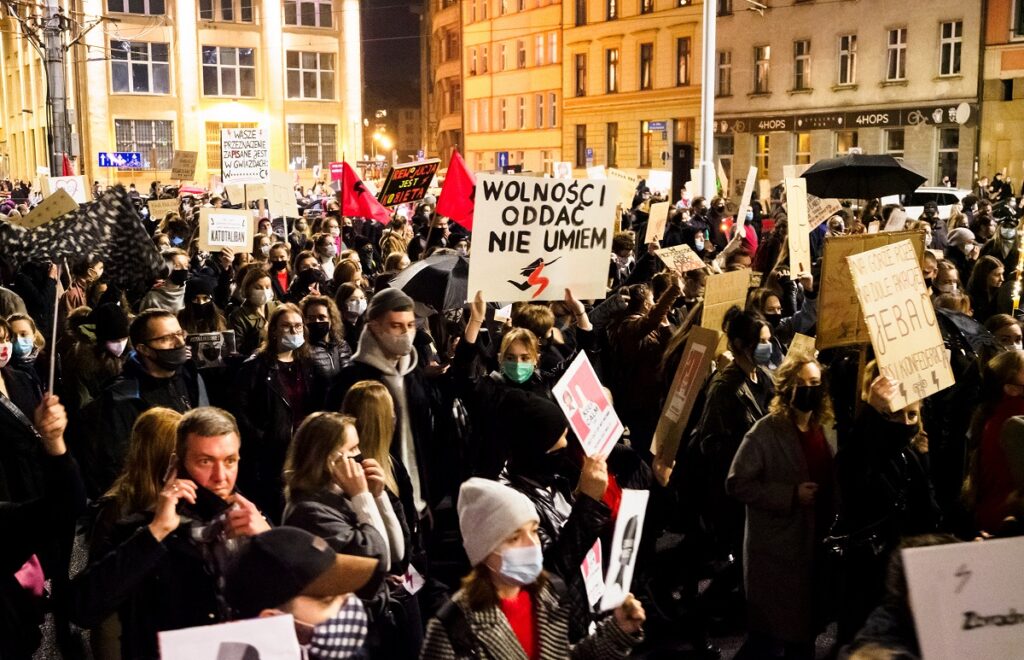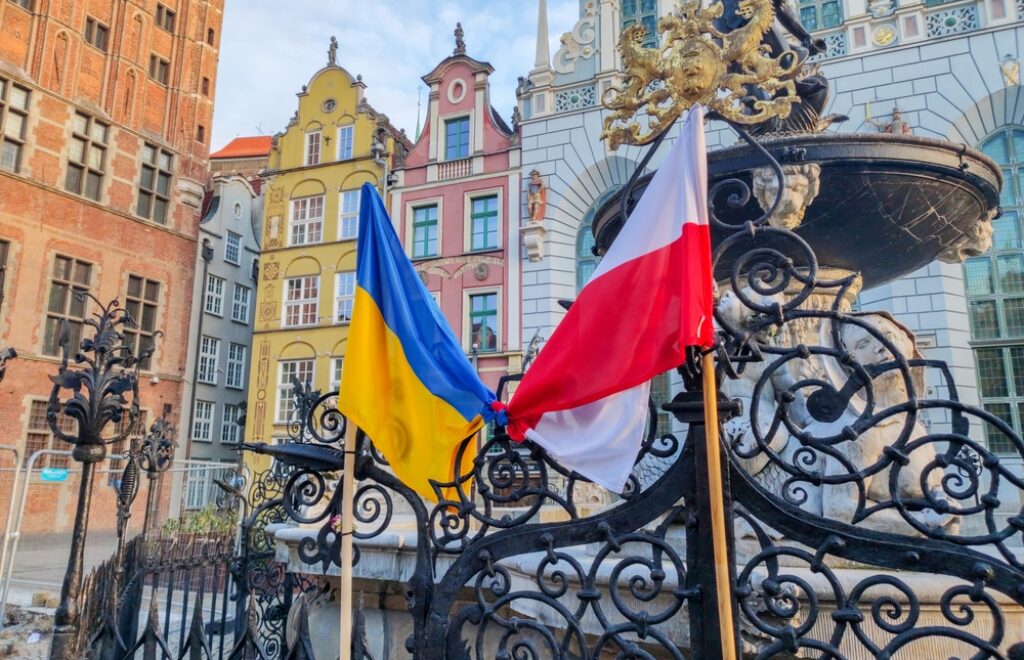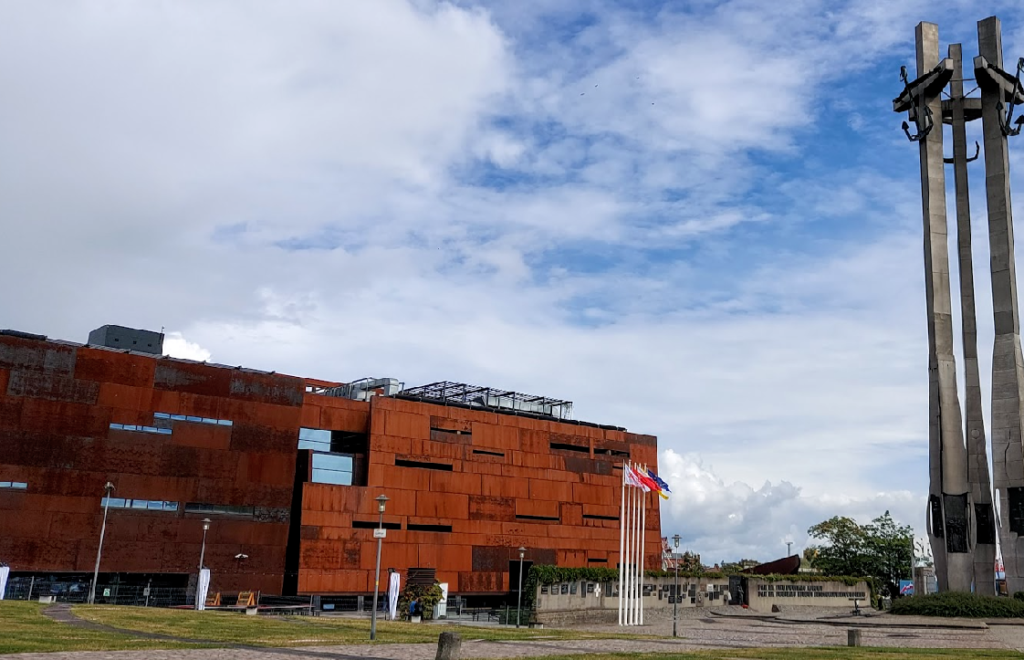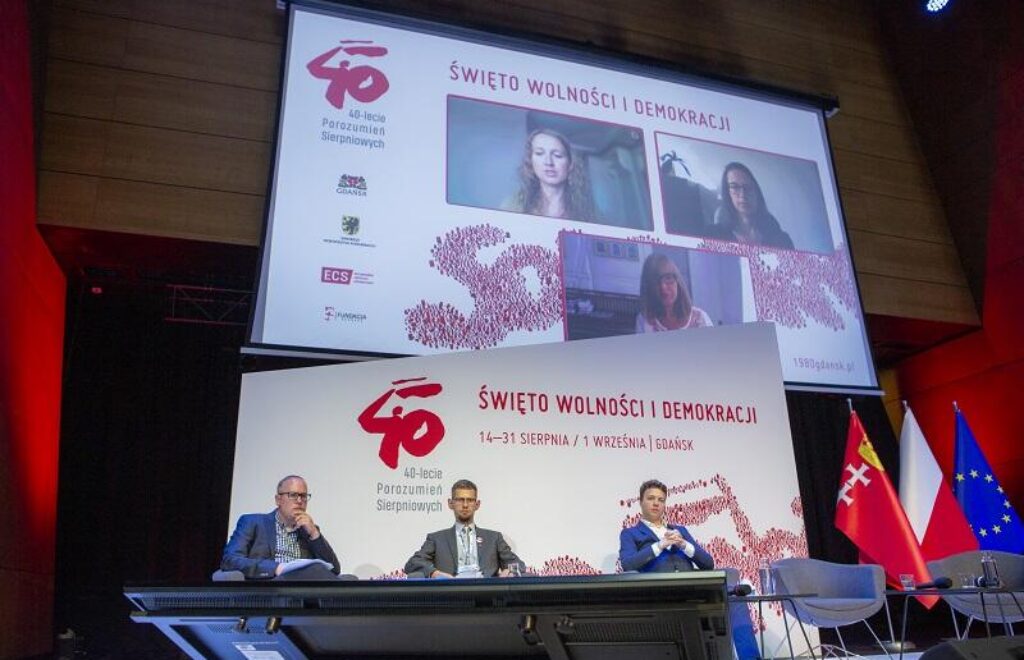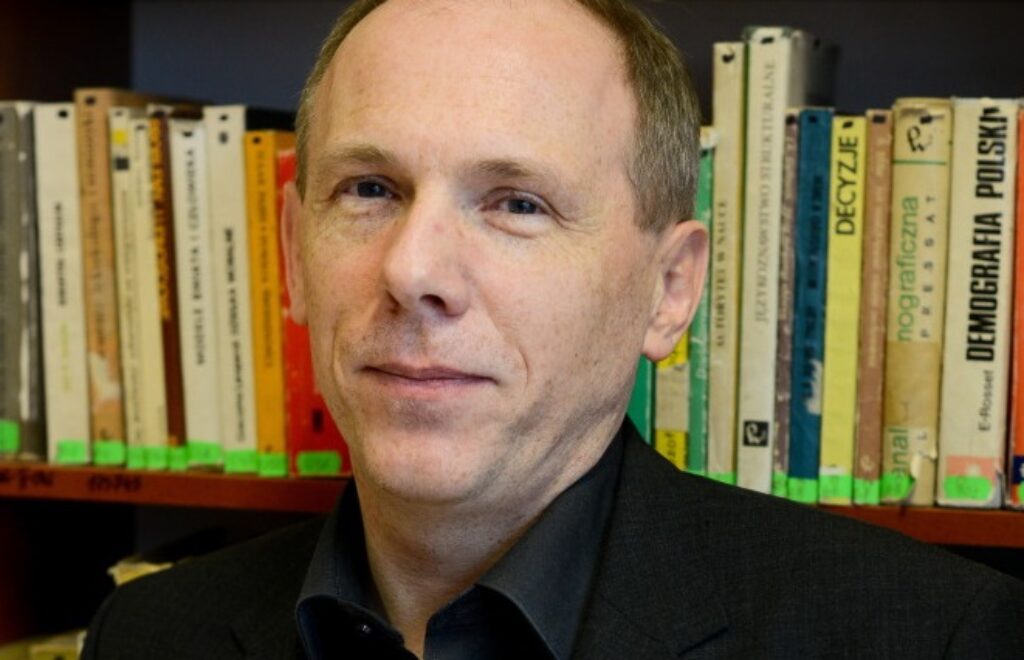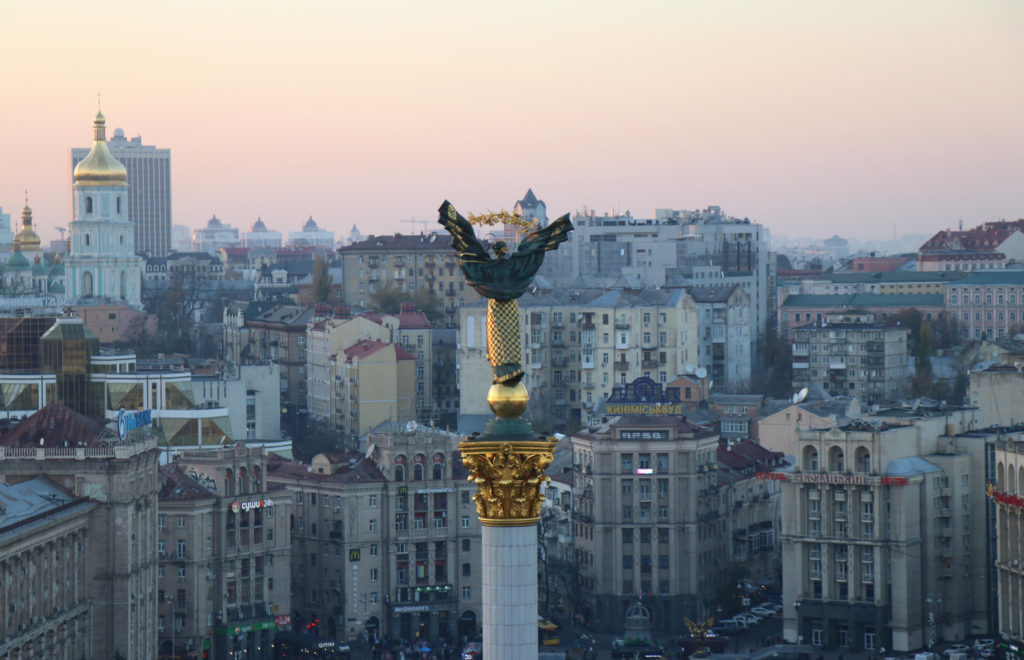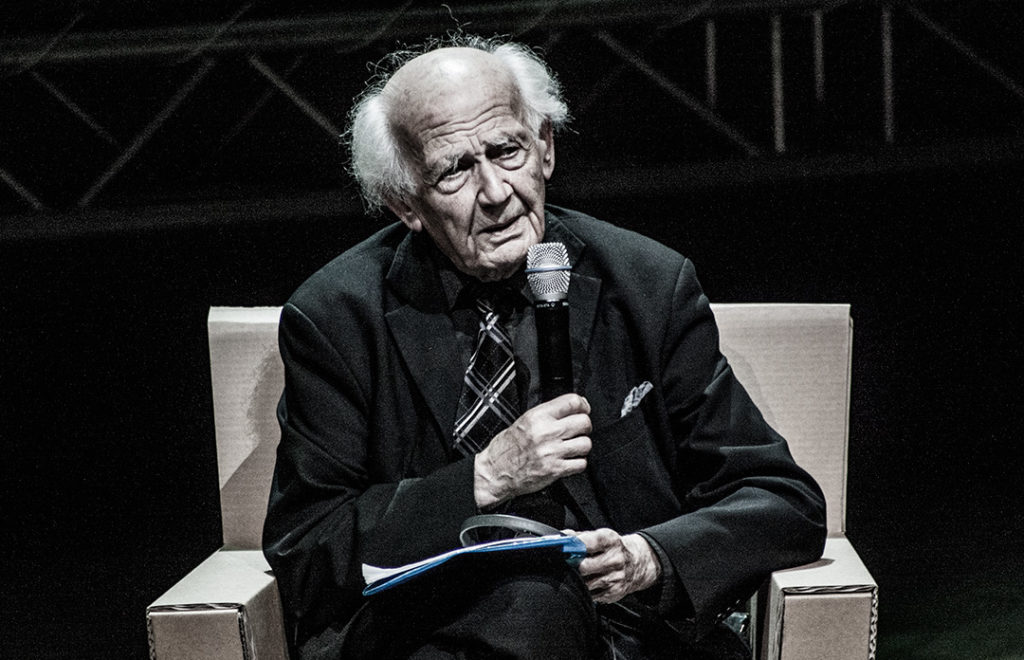Abortion in Poland: What will Tusk’s new day for women bring?
Hot water, running over a pregnant belly, under beige and purple shower tiles. An orange cat, crawling through the litter box. Only a couple months after abortion doula Wiktoria Szymczak moved to Kraków from Warsaw in 2023, she was helping a stranger end a pregnancy in her apartment bathroom. Earlier in the day, Szymczak had got a call from a client who needed more help than anticipated, who we will call Agata to protect her privacy. Previously, Szymczak had told her how to pursue one of the few legal methods left for obtaining an abortion within the country. It is still legal to go online and order abortion pills for yourself in the mail through a dealer based outside Poland (Szymczak recommends medical non-profits like “Women Help Women”). Agata went online and she bought the pills to end her pregnancy.
February 7, 2024 - Katie Toth


